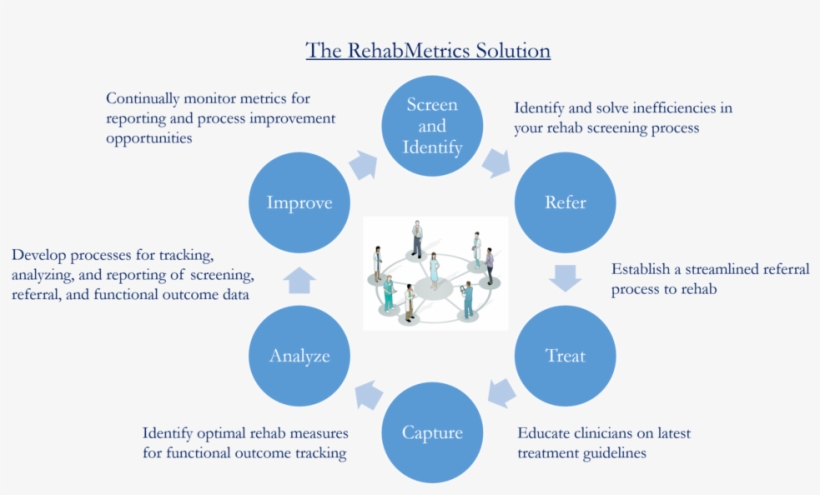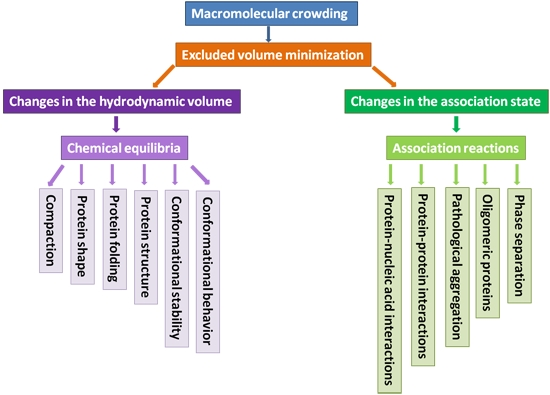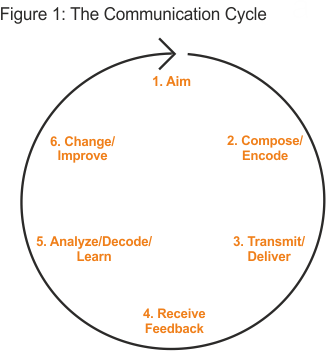Michael Argyle was a British social psychologist who is best known for his contributions to the field of communication theory. Argyle's theory of communication, which he developed in the 1960s and 1970s, was based on the idea that communication is a social interaction in which individuals exchange messages and use various channels, such as verbal and nonverbal cues, to convey meaning.
According to Argyle, effective communication requires both verbal and nonverbal cues. Verbal cues are the words we use to communicate, while nonverbal cues include facial expressions, body language, and gestures. Argyle believed that nonverbal cues are particularly important in communication because they can convey meaning even when words are not used.
One of the key components of Argyle's theory of communication is the concept of feedback. Feedback is the process by which we receive information about the effectiveness of our communication. It can be verbal, such as when someone responds to a question, or nonverbal, such as when someone nods their head in agreement. Argyle believed that effective communication requires ongoing feedback, as it allows individuals to adjust their communication to better meet the needs of their audience.
Argyle also emphasized the importance of context in communication. He believed that the context in which communication takes place, including the relationship between the individuals involved and the social norms and expectations of the culture, plays a significant role in how messages are interpreted and understood.
In addition to his contributions to communication theory, Argyle is also known for his research on social skills and interpersonal relationships. He developed a model of social skills, which he defined as the ability to interact effectively with others, and argued that social skills are important for success in various areas of life, including work, education, and personal relationships.
Overall, Argyle's theory of communication has had a significant impact on our understanding of how we communicate and the role that verbal and nonverbal cues, feedback, and context play in the process. His work has helped to shed light on the complexities of communication and has provided valuable insights that are applicable to a wide range of fields, including psychology, education, and business.

.jpg)





